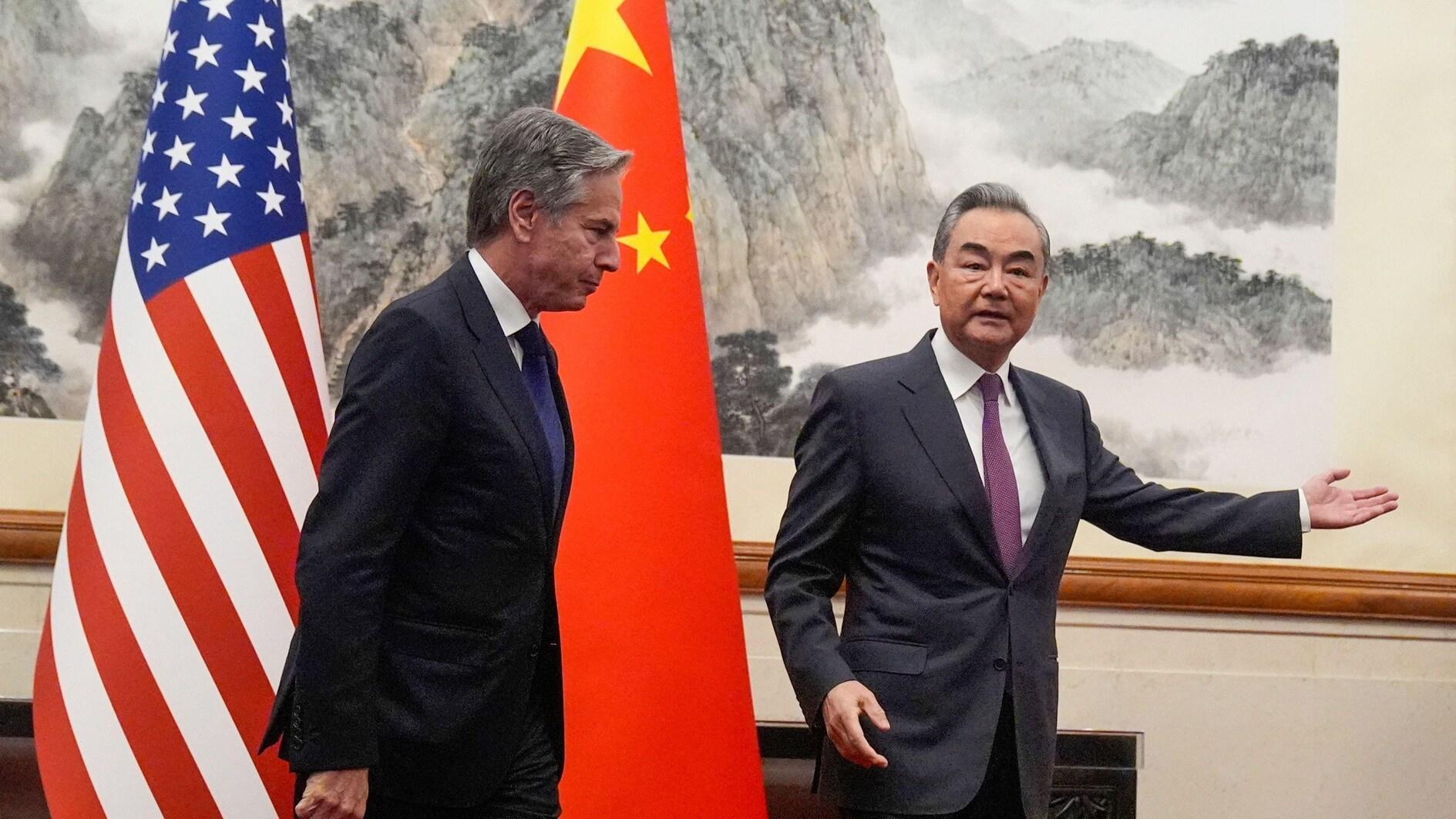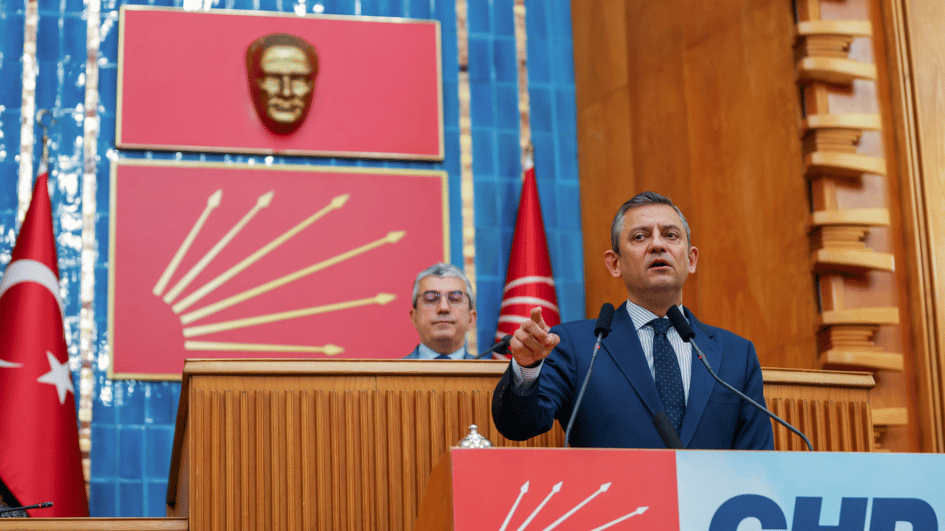Will it really be Gül’s choice in the end?
All eyes are on President Abdullah Gül and the choice he will make concerning the presidential elections to be held in August. The question is whether he will be a candidate or not. He said on Tuesday he would discuss the matter with his friends, starting with Prime Minister Recep Tayyip Erdoğan, and that they would decide accordingly.
In other words, it will not be Gül’s choice. When that choice is made it will not be based on whether Gül wants to contest the elections against Erdoğan as a candidate with his own vision for Turkey. The choice arrived at will be based on whether Erdoğan wants to become president under these circumstances or not.
If he does, Gül will stand aside and let Erdoğan run against other candidates. There are those who are disappointed over this because Gül has been projecting a fundamentally different understanding of democracy to Erdoğan.
Take the latest Twitter ruling by the Constitutional Court. Erdoğan says he does not respect this ruling, openly suggesting it is illegal. In other words, he sees no problem in contesting a decision arrived at unanimously by the highest court of the land.
By not respecting this ruling, Erdoğan is effectively saying he does not respect the rule of law. Gül, however, who was also among the first to violate the Twitter ban, is on record as saying he felt pride as a result of the Constitutional Court’s ruling, noting that he had appointed 10 of the 17 judges there.
Talking to reporters accompanying him on his visit to Kuwait on April 4, Gül also indicated that the parliamentary system was better for Turkey, but added that if certain sensitivities were noted, this could be on an American-type line.
These statements contrast with the position that Erdoğan is taking. It is clear from statements by leading names in the ruling Justice and Development Party (AKP) that they want to see Erdoğan as a president who is unencumbered by the kinds of checks and balances we see in the United States.
One would expect from his recent remarks, and the positions he has taken in the past, where he has strongly supported European standards of democracy, that Gül would turn his strong defense of parliamentary democracy based on the rule of law into an electoral ticket and canvass on the basis of this for the presidency.
But it was he who signed the government’s draconian Internet law, which enables a government-appointed bureaucrat to institute an Internet ban instantly without any legal restraints. Gül’s argues he had improvements made to the law before he signed it. But the prolonged Twitter and YouTube bans show that the government can still exercise significant leeway in delaying the lifting of any Internet ban it has instituted.
Gül also signed the law on the Supreme Board of Judges and Prosecutors (HSYK) which damaged the democratic separation of powers principle. The irony here is that this law had been brought up to EU standards that Gül supports by the government.
The government, however, returned it to a position, following the Dec. 7 corruption scandal, that many legal experts say is worse than what it was before having being brought up to EU standards.
Put another way, the positive image Gül tries to project in terms of advanced democratic principles, while aiding the government as it takes steps that are widely considered to be anti-democratic, pose a serious contradiction.
It will be interesting to note how Gül deals with this contradiction in the coming weeks and months, and the arguments he will use to rationalize his position in an effort to convince those who accepted his past remarks on behalf of advanced democracy at face value.
What is becoming clearer, however, is that whatever the choice that Gül says he is on the verge of making, this will not be a choice that will endanger whatever political ambitions lie in Erdoğan’s heart.











